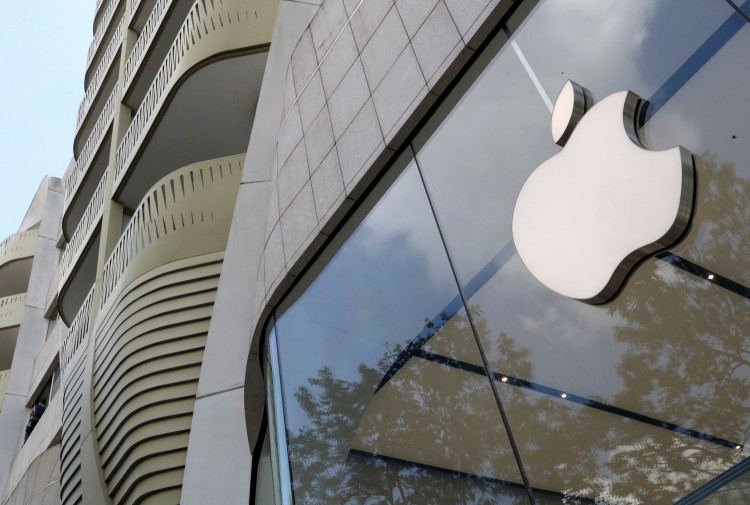In a significant shift prompted by the European Commission's Digital Markets Act (DMA), Apple has announced plans to allow some developers to distribute their iOS apps directly from websites in EU countries. The new web distribution feature, set to be available with a software update "later this spring," will provide developers with an alternative way to distribute iOS apps in EU markets without relying on a separate app store, as long as they adhere to Apple's stringent rules.
While this move opens up iOS to more third-party apps, Apple has implemented several key security protections around the distribution of apps via websites. "Apps offered through Web Distribution must meet Notarization requirements to protect platform integrity, like all iOS apps, and can only be installed from a website domain that the developer has registered in App Store Connect," Apple explained.
The process of installing these apps on an iPhone in the EU will not be straightforward. "To install apps from a developer's website, users will first need to approve the developer to install apps in Settings on their iPhone," Apple stated. "When installing an app, a system sheet will display information that developers have submitted to Apple for review, like the app name, developer name, app description, screenshots, and system age rating."
Developers looking to take advantage of this new distribution method will need to meet a range of criteria and agree to ongoing requirements outlined by Apple. These include being part of Apple's Developer Program, being registered in the EU, having a good standing developer account for two years, and having an app with more than one million first annual installs on iOS in the EU in the prior calendar year.
Additionally, developers must publish transparent data collection policies, offer users control over how their data is collected and used, follow applicable laws, and be responsible for handling governmental and other requests to take down listings of apps.
The one million installs requirement and the need for a good standing developer account for two years may limit this distribution method to larger developers, potentially ruling out companies like Epic Games, which is still hoping to launch its iOS game store in the European Union soon.
Apple currently allows developers to distribute their apps on third-party marketplaces in EU countries, but if those apps reach more than 1 million annual installs per year, they'll need to pay a 50 euro cent fee for every additional installation and update. The same Core Technology Fee process applies to the web distribution of iOS apps, with only nonprofit organizations, select educational institutions, and government entities in the EU being exempt.
Despite the tight restrictions, the ability for developers to bring their apps directly to iPhone users in the EU without going through the App Store or another third-party store will be useful for some who are willing to host their apps directly and abide by Apple's rules and policies.
In addition to the web distribution changes, Apple is also modifying its strict rules around how developers link to external webpages to complete purchases for digital goods. Developers can now "choose how to design promotions, discounts, and other deals," according to Apple, making the company's own design templates optional rather than mandatory.
The DMA has forced Apple to make several long-resisted changes to its App Store business processes, with the European Commission threatening fines and other actions for non-compliance. As the tech giant continues to adapt to the new regulations, it remains to be seen how these changes will impact the iOS app ecosystem in the EU and whether they will set a precedent for other regions to follow.






